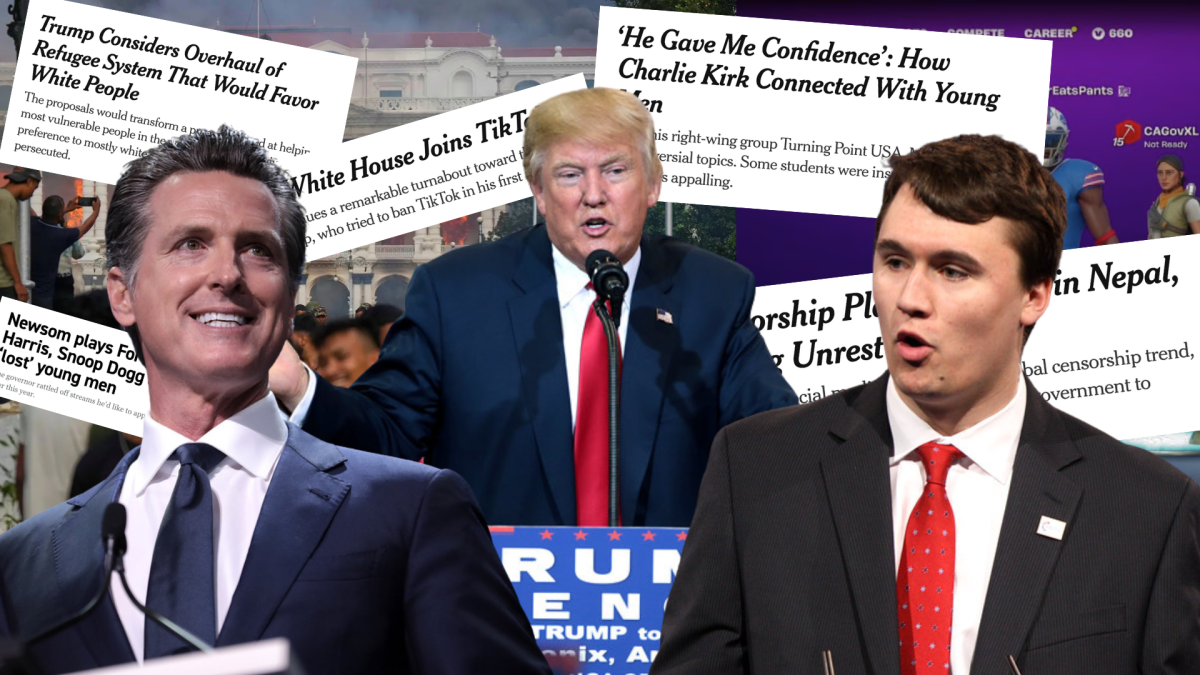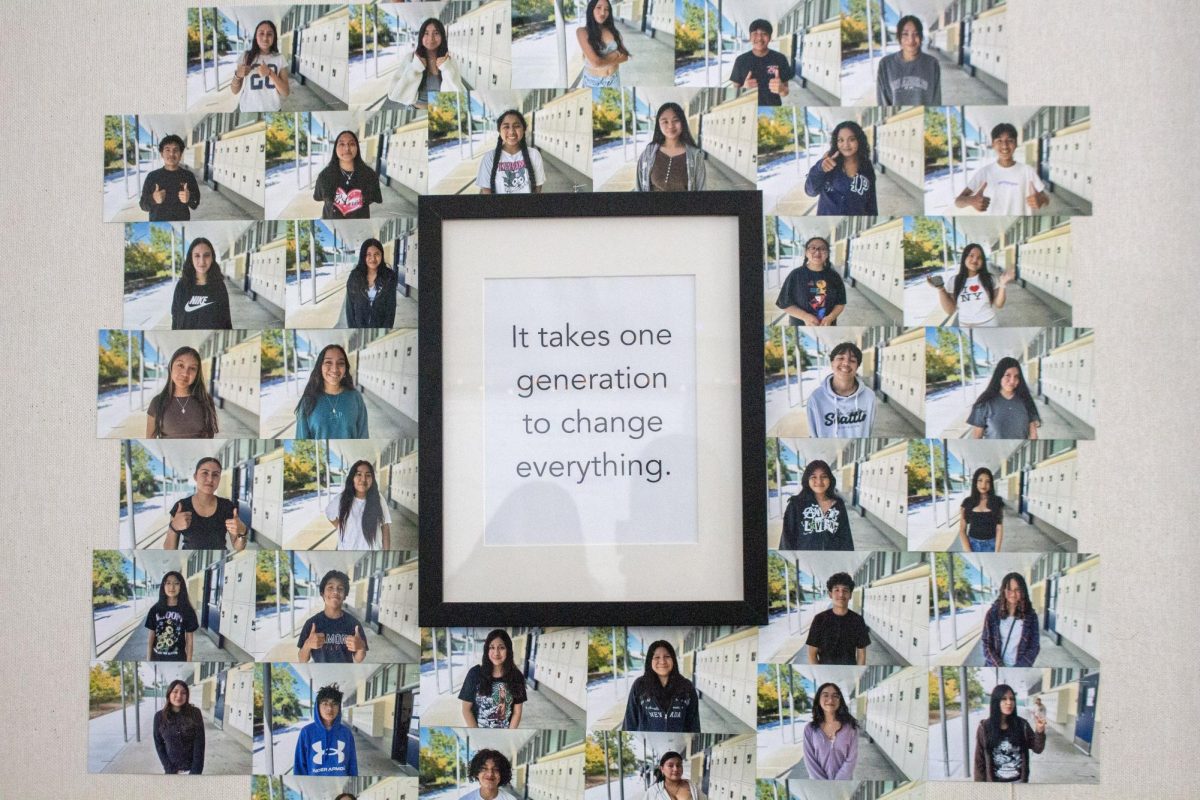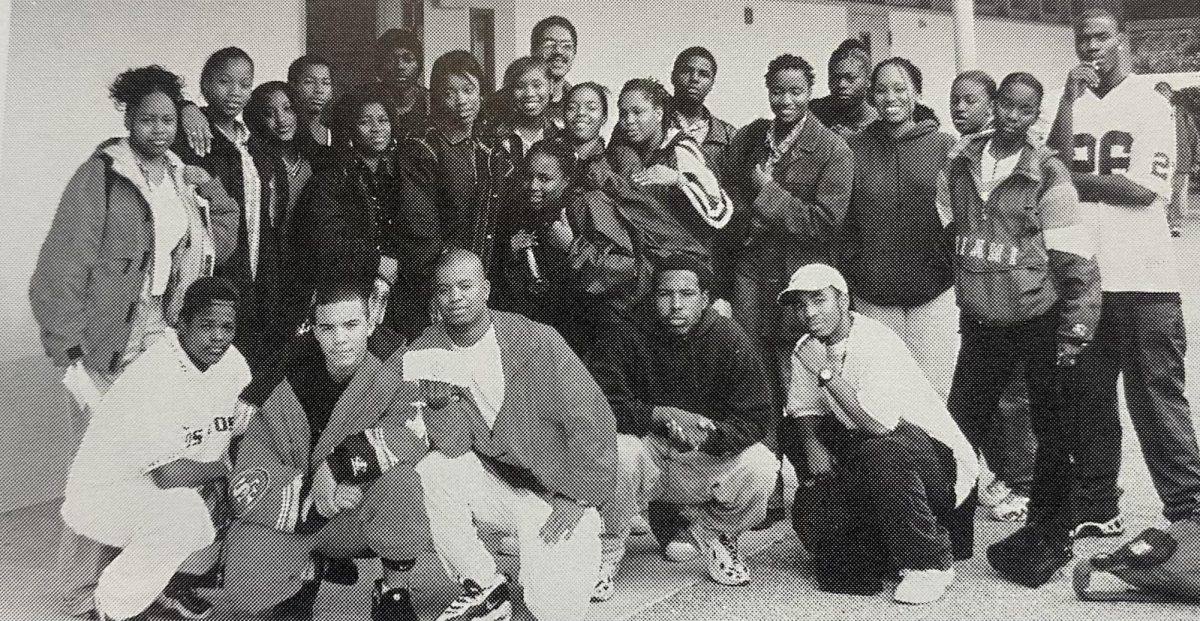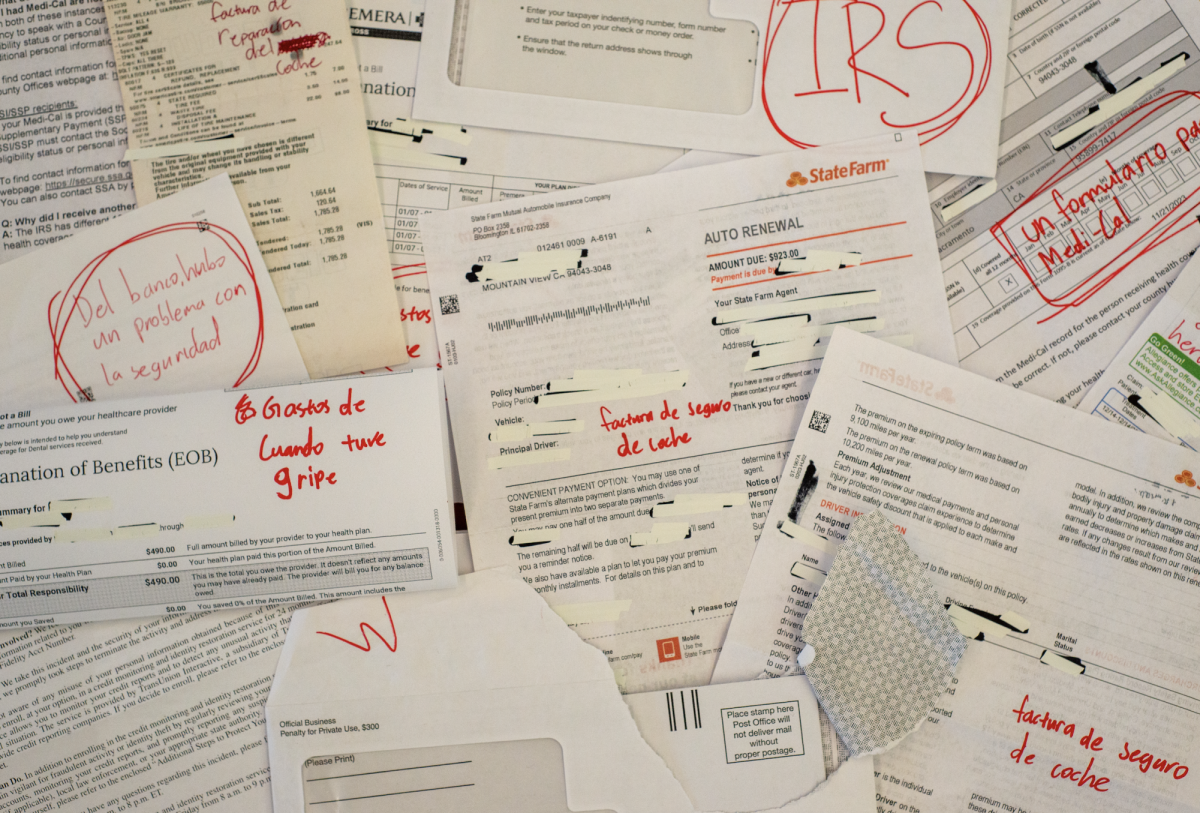← Back to “What Does it Mean to Be American?”
The song “Miss American Pie” croons of America as Chevy trucks and brokenhearted lovers on a riverbank, but immigrants humming Don McLean find that life in America can’t just be summarized by a few well-written lyrics.
To junior Heidi Hernandez Montes from Mexico, the typical American was a denizen of suburbia. As a child Heidi heard stories which characterized America as the side with the greener grass.
“A lot of people called it ‘El Norte,’” Heidi said. “I didn’t think much about it, but I heard it was really advanced in technology and whatnot. They have fair skin, they have good jobs, a pretty good amount of money, a good house and basically all the necessities.”
So when she moved to Mountain View as an eight-year-old, Heidi vividly remembers marveling at what seems to us mundane: paved roads and floors.
“I was amazed,” she said. “In Mexico there was just dirt, so it was pretty amazing.”
Freshman Daniel Jang of South Korea saw America as glitz and glamor, a giant episode of “Jersey Shore.” For Daniel, America was “the movies” and a “singer [or] rapper” was the typical American.
But when he got here, Daniel’s experience strayed from the silver screen script. He’s yet to meet an underground rapper or budding star, but Daniel has experienced a different sort of social excitement: meeting people of different races. While America takes its diversity for granted, newcomers like Daniel remind us that at times it’s an odd and wonderful mix.
“It’s pretty fun; it’s pretty different,” Daniel said. “There’s a lot of different races [in America] … in Korea there’s only Koreans.”
This racial diversity struck Heidi as well. Before coming to America, she was “so used to seeing family and seeing one type of person.” For her, one of the biggest culture shocks—more than McMansions and $4 lattes—was the people.
But for Daniel and Heidi, being American is more than meeting someone who looks different or listening to Lil’ Wayne. It’s not about accepting one culture or the other, but learning how to dig into both.
“Officially, [my citizenship is] going to make me American,” Daniel said. “But [in] mind and culture, I’m going to be half American and half Korean.”
And if anything, this is what it means to be American; America isn’t found in any one culture but in the amalgamation.
“I am Mexican,” Heidi said. “But if you ask any of my friends, they’ll say I am a white Mexican because I don’t stick to only one particular type of person.”
After all, even the quintessential American pie is a European invention. Someday, Don McLean may even sing about “Miss American Chai.”







